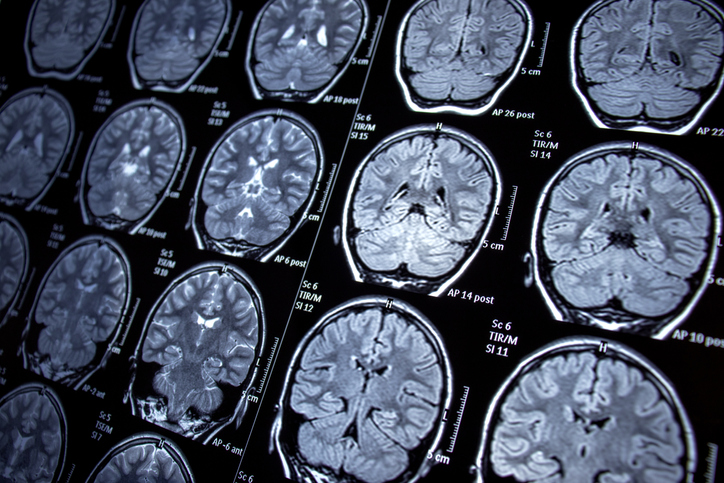
"Sudden Unexpected Death in Epilepsy (SUDEP) - the leading cause of epilepsy-related mortality - refers to the sudden, unexpected death of a person with epilepsy who was otherwise healthy and for which no other cause of death is found. It often occurs during or after a seizure and leaves no clear anatomical or toxicological explanation. Despite being the leading cause of epilepsy-related mortality, SUDEP remains poorly understood because it is unpredictable and challenging to study."
"Conducted across nine epilepsy centers in the U.S. and U.K., the current study followed 2,632 children and adults with epilepsy between 2011 and 2021. Participants underwent prolonged video electroencephalographic (EEG) monitoring and were tracked over time through clinic visits, electronic health records and interviews. Out of 2,468 participants with complete follow-up data, 38 died from SUDEP. Investigators analyzed demographic, electroclinical and cardiorespiratory data to identify risk factors."
"The findings offer new hope for early intervention and improved monitoring strategies, said study co-author Stephan Schuele, MD, MPH, chief of Epilepsy and Clinical Neurophysiology in the Ken and Ruth Davee Department of Neurology. "This is the first prospective study of its kind in epileptic patients, and it has identified new risk biomarkers which we can use to help guide seizure monitoring and management," Schuele said."
Nine epilepsy centers in the U.S. and U.K. followed 2,632 children and adults with epilepsy from 2011 to 2021 using prolonged video EEG monitoring, clinic visits, electronic health records, and interviews. Complete follow-up data were available for 2,468 participants, among whom 38 died from SUDEP. Four significant predictors of SUDEP were identified, including living alone (7.6-fold higher risk), three or more generalized convulsive seizures in the previous year (approximately threefold higher risk), prolonged breathing disruption during or after seizures, and specific electroclinical and cardiorespiratory biomarkers. SUDEP often occurs during or after a seizure without clear anatomical or toxicological explanation and is the leading cause of epilepsy-related mortality. The findings support targeted monitoring and management of high-risk individuals.
Read at News Center
Unable to calculate read time
Collection
[
|
...
]